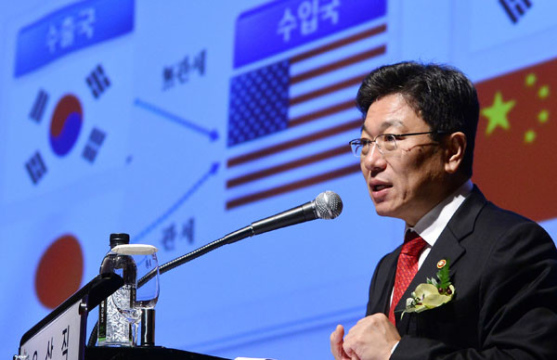
Mexican vs Chinese Factories
With the rising cost of wages in China, manufacturers are increasingly considering Mexico an attractive location to ‘re-shore’ production.
We are pleased to share the second annual report on the state of education in Mexico – “Brechas: Estado de la Educación en México 2010” (“Gaps: The State of Education in Mexico 2010)”, published by the NGO Mexicanos Primero. In “Brechas”, the authors focus on how the education system is designed, given that existing regulations reproduce and even exacerbate shortcomings, rather than redistributing opportunity.
The report develops three central themes: a general assessment of the limitations and possibilities of the Mexican education system, in terms of equity; a comparison of how each of the 32 states perform in terms of inclusion, and an analysis of the National Teacher Registration System and its importance as a key element for improving the national education system.
Despite using different methodologies, the Education Report Cards published by PREAL and its national partners have objectives that are similar to those of Mexicanos Primero’s report: “shake up complacency, call for a persistent urgency, invite leaders to share responsibility” and “offer citizens up-to-date analysis based on evidence of the insufficient results of Mexico’s education system”.
The PDF version of “Brechas” in Spanish can be downloaded at: https://www.mexicanosprimero.org/images/stories/Reporte_Mexicanos_Primero_-_Brechas_2010.pdf
For more about the NGO Mexicanos Primero and its initiatives, please visit: https://www.mexicanosprimero.org/
With the rising cost of wages in China, manufacturers are increasingly considering Mexico an attractive location to ‘re-shore’ production.
South Korea’s entry into the TPP will promote stronger cooperation between South Korea and Latin America.
Mexican civil society organizations and individuals are pressing for education reform, including reducing the Teachers’ Union.
